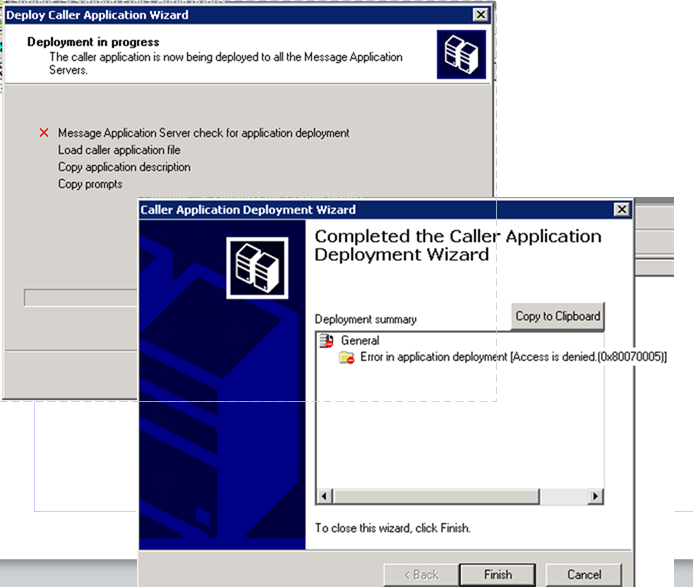I recently went through an ordeal with a PBX resetting. It’s an Avaya system using an IPSI to connect a port network back to its host, but this situation applies to anyone out there using QOS on their MPLS network. I’ve often said that being a “phone guy” is rarely about phones anymore. Most of my work – certainly troubleshooting – involves IP networking.
So I had a PBX with one IPSI that would occasionally reset. Since there was only one IPSI, the reset would cause all cards in the port network to reset as well, which would drop all calls in progress. Now this is about the worst thing that can happen when you’re responsible for the telephones. Full system outages are easier to understand. This is a reset, calls drop, users get frustrated and re-establish their calls, then it would reset again. It was a really bad situation.
What is causing the resets? Avaya said the heartbeats were failing to the IPSI. For any of you with an IPSI-connected port network, you should occasionally look for these. SSH to your Communication Manager and cd to /var/log/ecs. Then list the log files. Assuming you’re in Feburary 2013, you would look for missed heartbeats in your ecs log with the command:
cat 2013-02*.log|grep checkSlot
:pcd(5561):MED:[[3:0] checkSlot: sanity failure (1)]
:pcd(5561):MED:[[3:0] checkSlot: sanity failure (2)]
:pcd(5561):MED:[[3:0] checkSlot: sanity failure (3)]
:pcd(5561):MED:[[3:0] checkSlot: sanity failure (4)]
:pcd(5561):MED:[[3:0] checkSlot: data received replacing sanity message; socket delay is 14 secs]
I have stripped the date/time; you’ll see those on the left. Port networks and IPSIs are zero indexed, so the messages above apply to port network 4 and IPSI number 1.
I have been told that occasional sanity failures are just a part of life. These heartbeat messages are part of the Avaya protocol, not ICMP. So if you’re missing heartbeats, it’s not because ICMP is being dropped.
However, after a certain number of sanity failures, the IPSI will reset in order to re-esablish communication. How many sanity failures? That depends upon a system parameter setting:
display system-parameters ipserver-interface
IP SERVER INTERFACE (IPSI) SYSTEM PARAMETERS
SERVER INFORMATION
Primary Control Subnet Address:
Secondary Control Subnet Address:
OPTIONS
Switch Identifier: A
IPSI Control of Port Networks: enabled
A-side IPSI Preference: disabled
IPSI Socket Sanity Timeout: 15
QoS PARAMETERS
802.1p: 6
DiffServ: 46
The IPSI Socket Sanity Timeout determines how many sanity failures will cause an IPSI failover (if you have two in your port network), or a reset(!) if you only have one. The reset is the IPSI’s way of trying to re-establish communication. If you get too many sanity failures, you’ll get this message:
:pcd(5561):MED:[[3:0] checkSlot: too many sanity failures (15)]
Unfortunately, this means my CM lost connectivity to the first IPSI on port network 4. If I only have one IPSI, then the IPSI and all cards in the port network will reset. If I have a redundant IPSI, then the port network will failover and everything should be okay. In my particular case a second IPSI would not have helped me. It turns out, my MPLS carrier (who had also set up our edge routers) was policing the committed access rate. I’ll explain with more detail in my next post. The resolution was to shape the traffic rather than police it.
